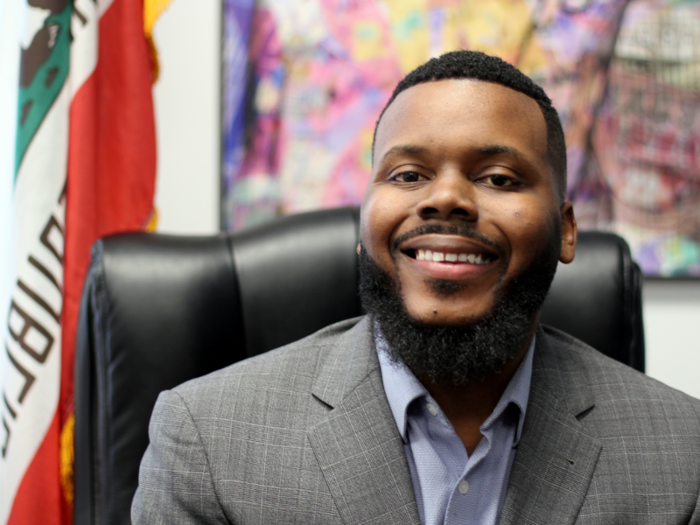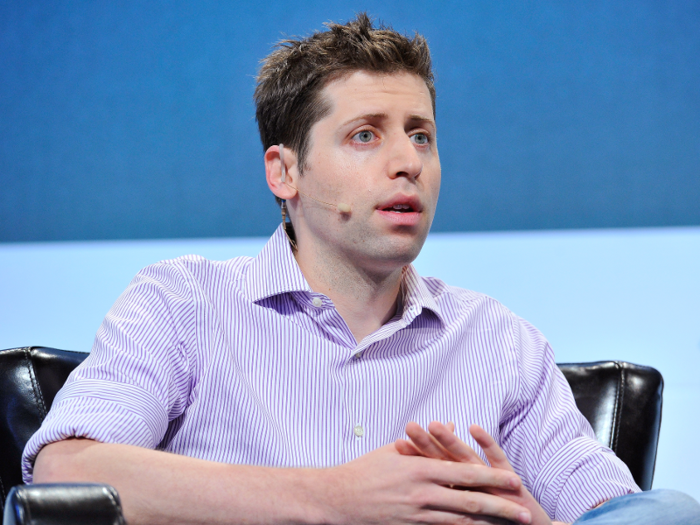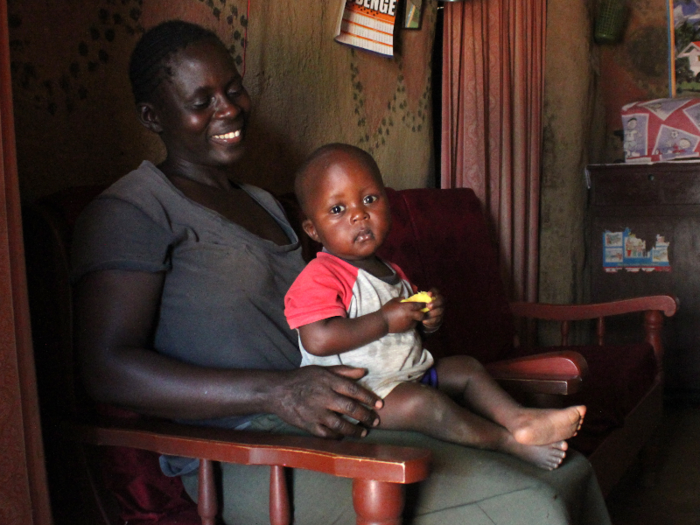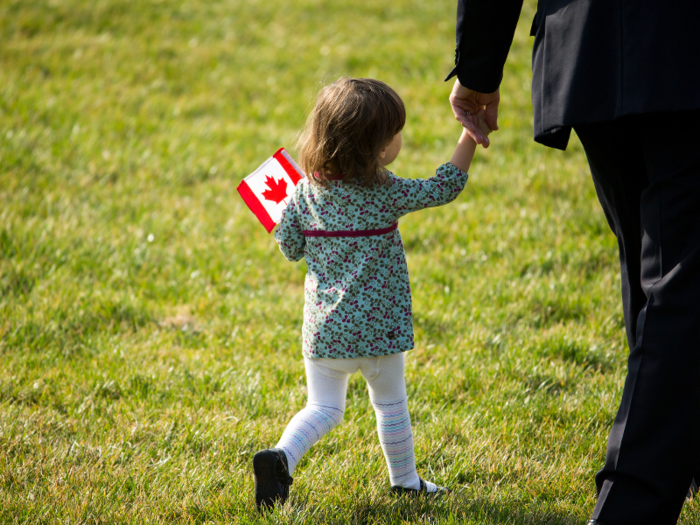- Home
- slideshows
- miscellaneous
- Chicago could be the largest US city to launch a basic income pilot - here are the other major experiments around the world
Chicago could be the largest US city to launch a basic income pilot - here are the other major experiments around the world
Alaska residents receive up to $2,000 each year.

Hundreds of Stockton, California, residents will soon receive $500 per month.

Stockton, California, which filed for bankruptcy protection in 2012, is close to launching the first universal basic income experiment in an American city.
The city made national headlines in October 2017 when officials announced plans to give $500 a month to a few hundred of Stockton's low-income residents.
Eligible residents will begin receiving money in August, and Stockton Mayor Michael Tubbs said the experiment is meant to last three years.
The $10 million project has garnered the support of eBay founder Pierre Omidyar and more than 100 other big names from Silicon Valley. The experiment is called the Stockton Economic Empowerment Demonstration, and it will be financed largely through the Economic Security Project. The group has committed $1 million to launch and help fund the trial.
Tubbs said he supports a progressive approach to social welfare because wages are stagnant and the costs of education and housing are rising.
"I can see the radicalness, but I'm trying to solve the questions that every community has," he previously told Business Insider.
Y Combinator aims to provide basic income to thousands of Americans.

Sam Altman, president of Y Combinator, the largest startup accelerator in Silicon Valley, announced in 2016 that he was interested in leading a study of universal basic income.
As part of the study, YC will choose 3,000 people from two states and split them into two groups. One-third of the participants will be put in a group that receives $1,000 a month for up to five years. The remaining 2,000 people will be treated as the control group and receive $50 per month.
YC previously completed a pilot study in Oakland, California, where a small group received a UBI between $1,000 and $2,000. The study aimed to determine whether it would be feasible to implement the system in the entire country.
Thousands of people in western Kenya receive $22 per month.

At a 2016 community meeting in western Kenya, the charity GiveDirectly announced it would provide dozens of residents in one village with a universal basic income for 12 years.
GiveDirectly provided each resident who had lived in the village for at least one year about $22 per month. For many of the 95 recipients, that meant their income was doubled.
More than a year after the study launched, GiveDirectly said it believes the UBI is reducing poverty.
The charity expanded its trial last year to include 16,000 people from 120 villages. In November 2017, 40 villages began receiving about $22 per month, and will continue to get the money for 12 years. Another 40 villages are receiving the same amount for only two years.
In addition, 80 villages received a lump sum equal to the two-year amount, and 100 villages that are acting as the control variable received no money.
The Canadian government launched a three-year basic income pilot in Ontario.

Last year, the Canadian government launched a three-year pilot in Ontario to test whether a basic income can improve education and health outcomes for low-income individuals.
About 4,000 people across three test locations were selected for the pilot. To be eligible, residents had to be living in one of the three areas for a full year leading up to the pilot. Only low-income residents between the ages of 18 and 64 were considered.
One person could receive up to $16,989 per year, minus half of any earned income. Couples could earn up to $24,027 each year, minus half of any income they earned, and anyone with a disability could receive an extra $6,000.
Not all experiments work out. Finland is now ending its two-year basic income trial.

In January 2017, Finland began paying 560 euros (about 680 dollars) per month to a random sample of 2,000 unemployed people.
It was the first basic income trial in Europe to be backed by a national government, and residents were told they would keep receiving thr monthly amount even if they got a job during the trial.
The two-year pilot program is set to end in January, as the government has denied a request for additional funding from Kela, the country's social security agency.
According to The Economist, Kela refused to release any data until after the pilot ends, citing privacy reasons and a desire to avoid bias. The government, meanwhile, is planning on testing a universal credit system next.
Finland's pilot was a modified version of universal basic income, giving money to some unemployed residents instead of everyone. As the trial comes to an end, government officials said they will examine other ways to reform Finland's social security system.
Popular Right Now
Popular Keywords
Advertisement